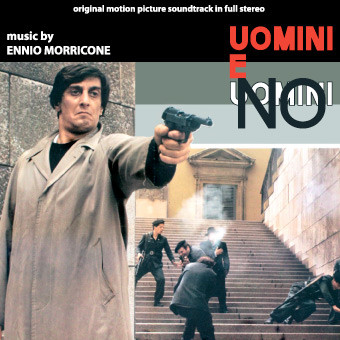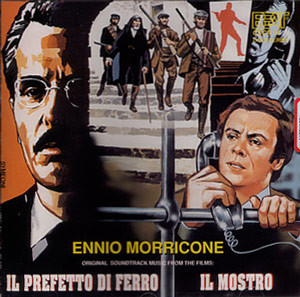
Il prefetto di ferro - Il mostro
| Code: | CDCR19 |
|---|---|
| Stock: | Available |
| Composers: |
Ennio Morricone |
| Category: | Original soundtrack |
| Format: | CD Audio |
| Record Labels: |
Beat Records |
Il prefetto di Ferro and Il Mostro, two exellent 1977 compositions by Ennio Morricone which were originally released on vynil, have been re-issued on CD. This re-issue is a fitting tribute to two soundtracks which first appeared separately - "Il Mostro" on a 45 rpm, single and in anthologies, and "Il Prefetto di Ferro" on an album. This re-issue supplies a more complete portrait of Morricone. Today’s technology enables the listener to appreciate with greater clarity the mediterranean sounds of Pasquale Squitieri’s "Il prefetto di Ferro" which are sometimes warm and at others harsh but are sounds which unmistakably remind the listener that the composer draws from an intimate knowledge of the folk music of the region. "La ballata del Prefetto Mori" stands out as a song of great sadness but also as a denunciation of a historical and social tragedy which occurred in the Italian province of Sicily and which is still being enacted today - a lawman comes into conflict with the Mafia, who are the masters of that territory and know the land and its most secret hiding places. This CD also includes 4 cuts written by the Maestro Morricone for the Luigi Zampa film "Il Mostro". The film examines the social problems encountered in the process of educating youn men for the future. The story is acted out against a background of murders by a mysterious assassin and tragically the journalist, Valerio, discovers to his horror that culprit is his sixteen year old son, dubbed "the monster". Valerio’s son is a horrific example of how education of the young can go badly wrong. Morricone’s treatment of this tragic tale of death and misunderstanding is masterly - he embues the music with tension and suspense through intentionally chaotic writing for the brass and percussion but does not allow it to destroy some beautiful and melancholy moments in the score. (commentary by Claudio Fuiano)
Prodotti consigliati
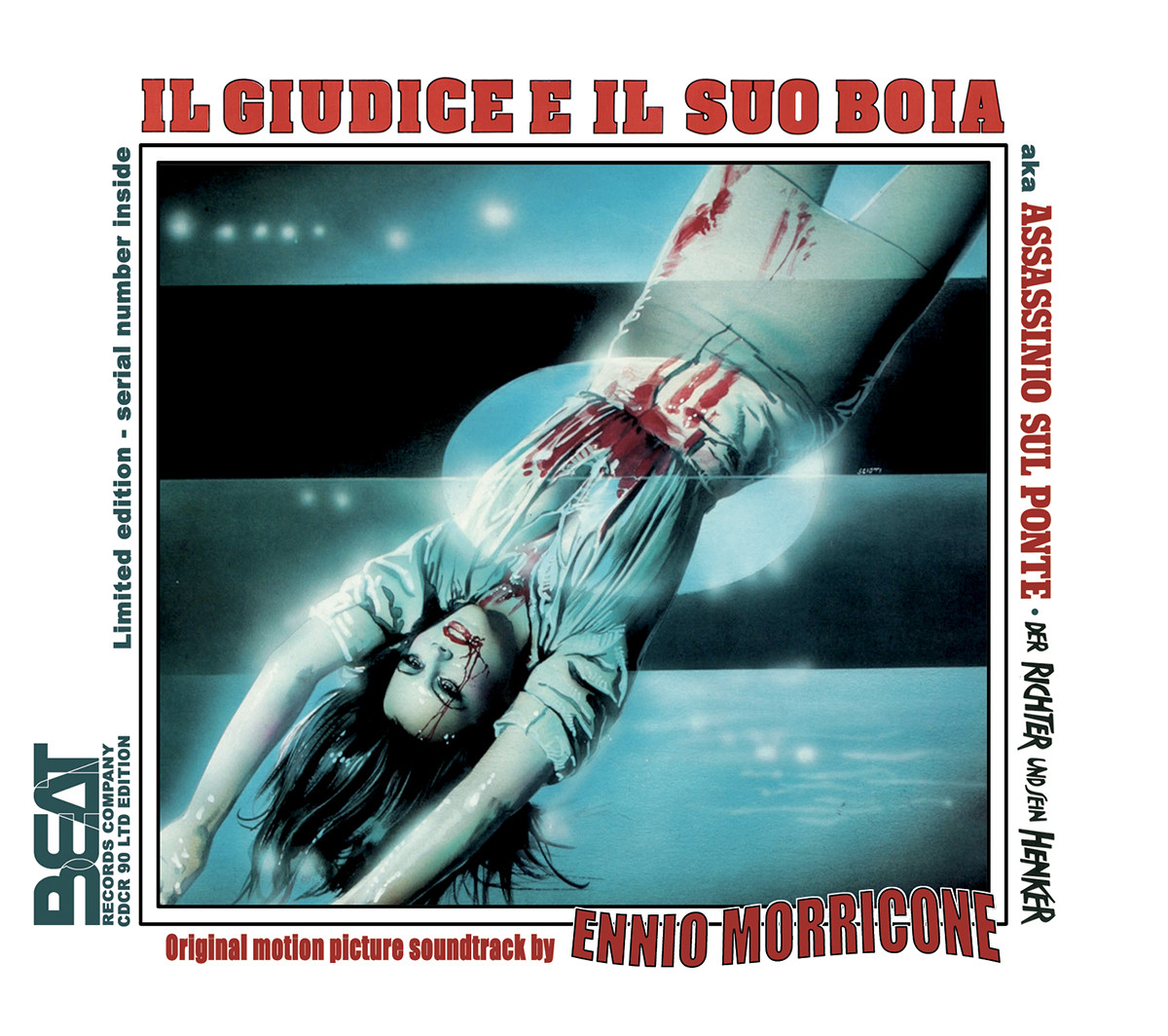
Il giudice e il suo boia

Un esercito di 5 uomini - Extrasensorial (The Link)
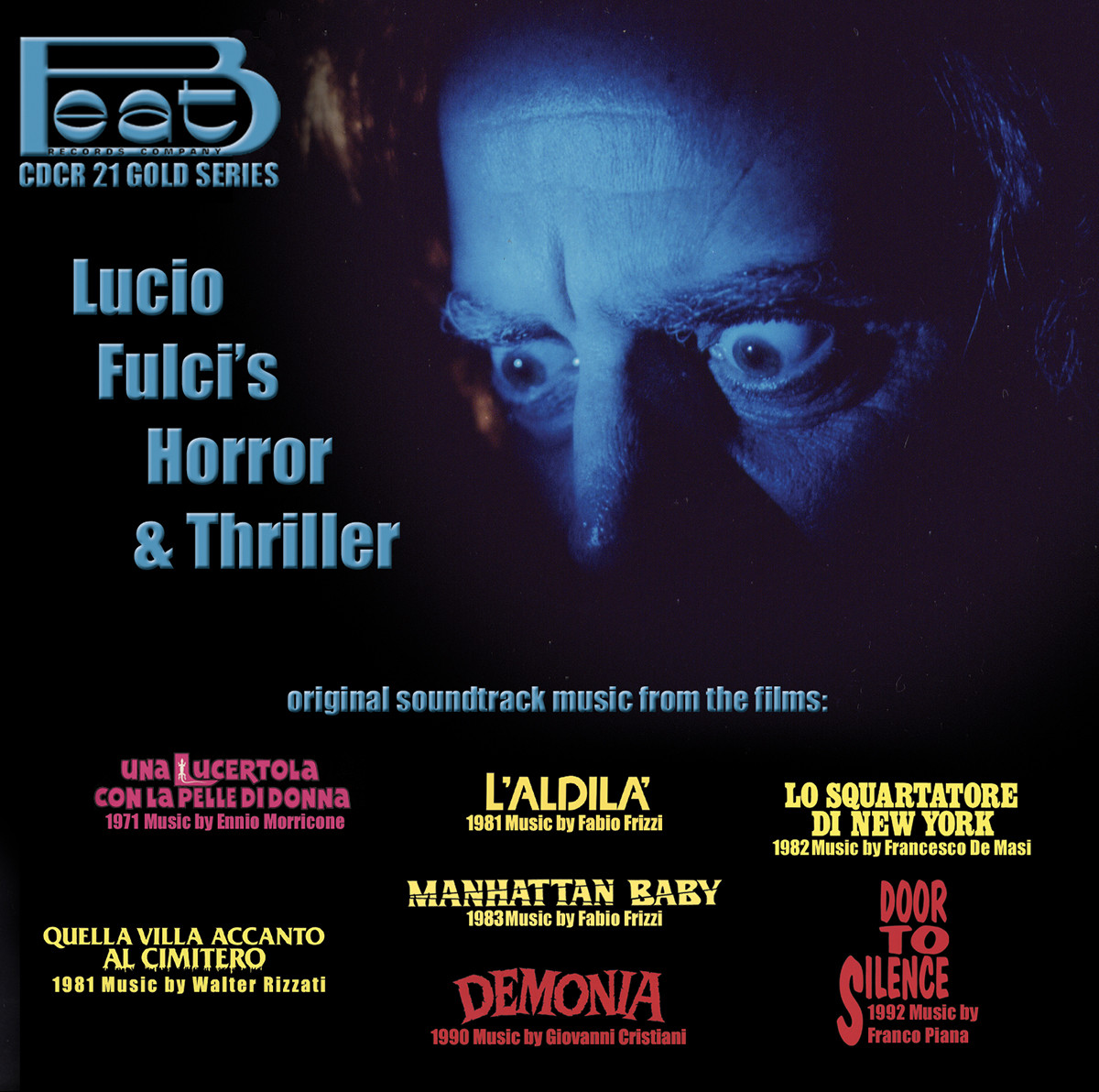
Lucio Fulci's horror & thriller
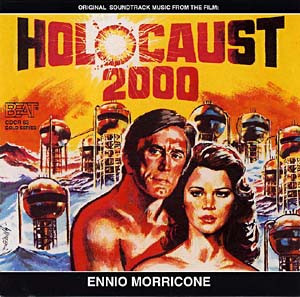
Holocaust 2000 - Sesso in confessionale
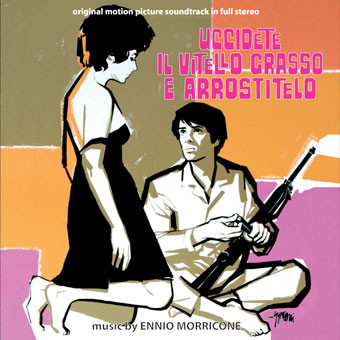
Uccidete il vitello grasso e arrostitelo
